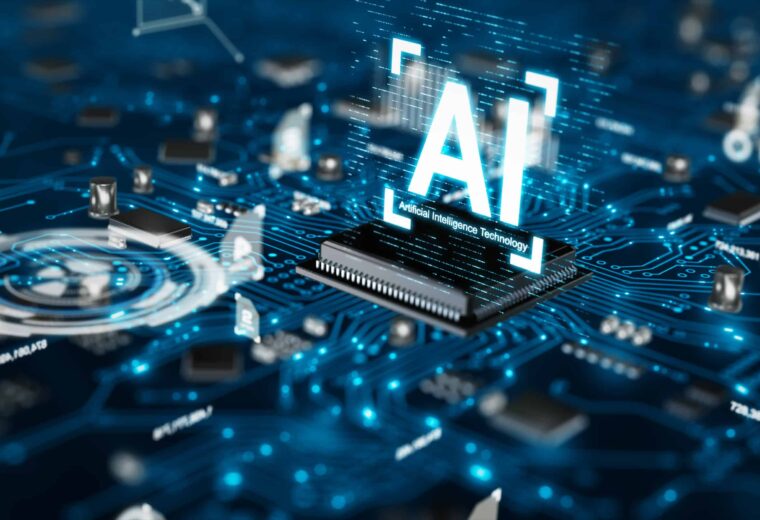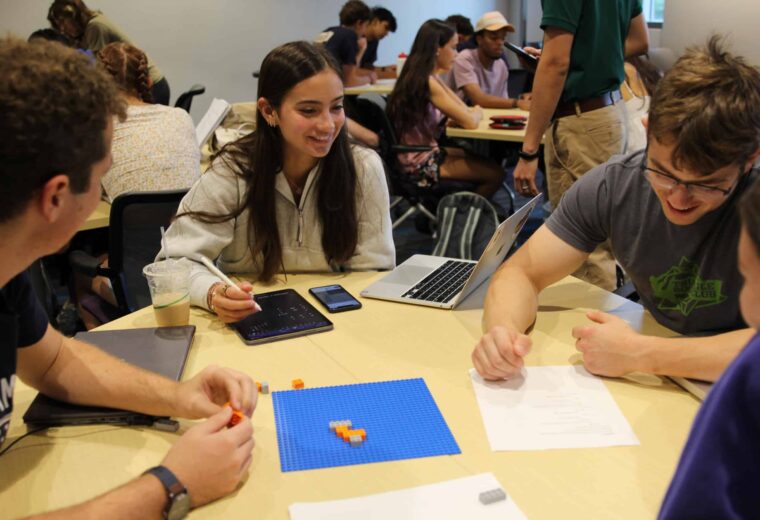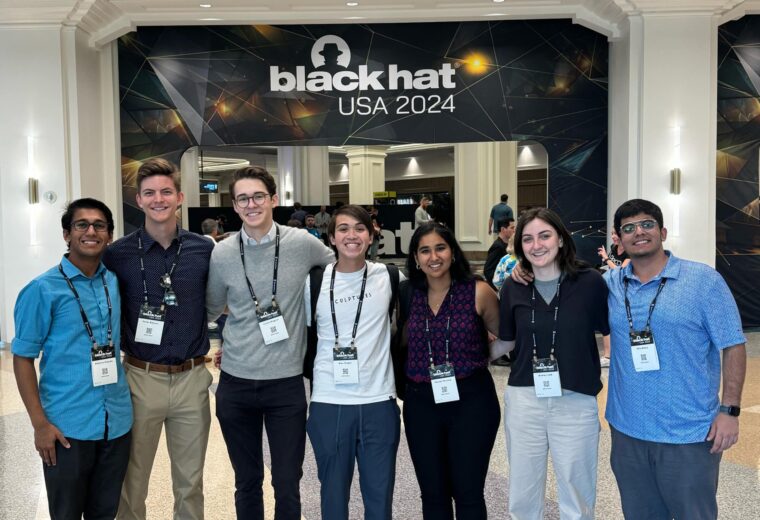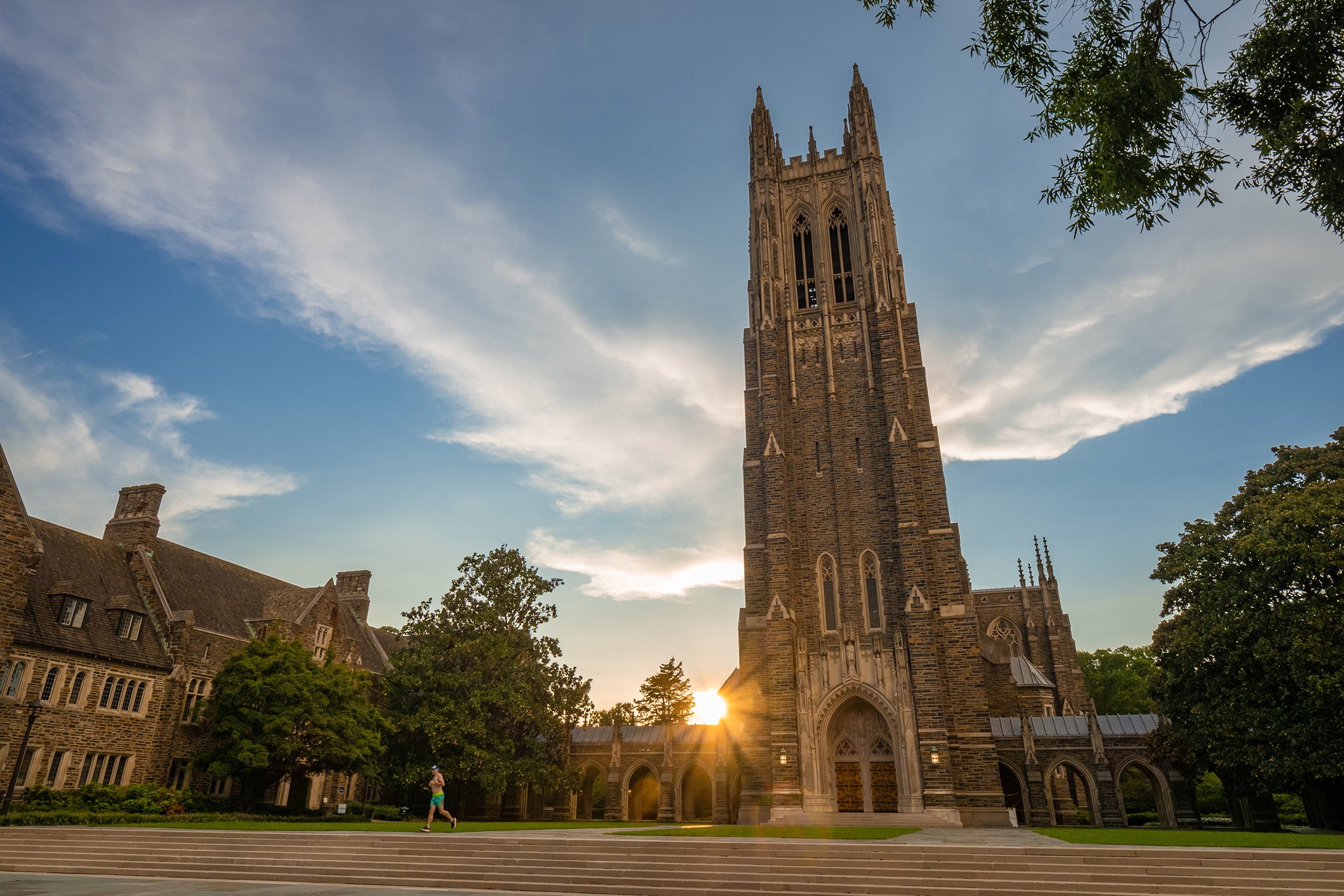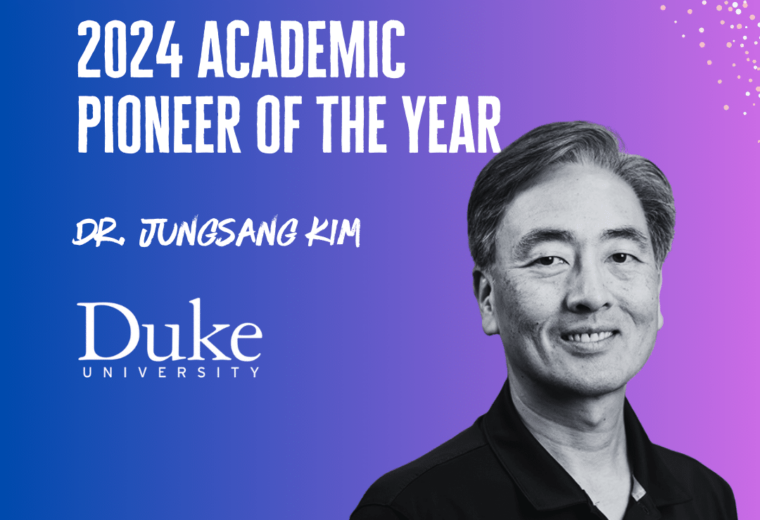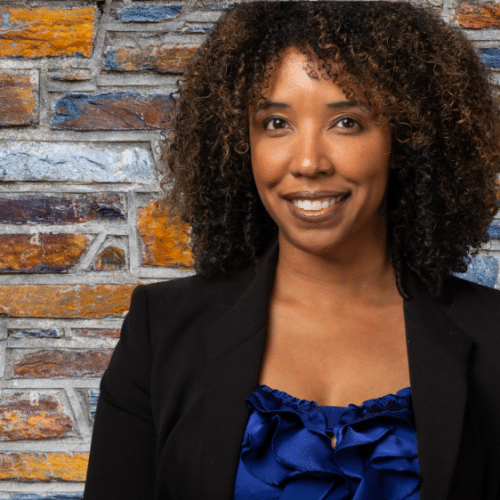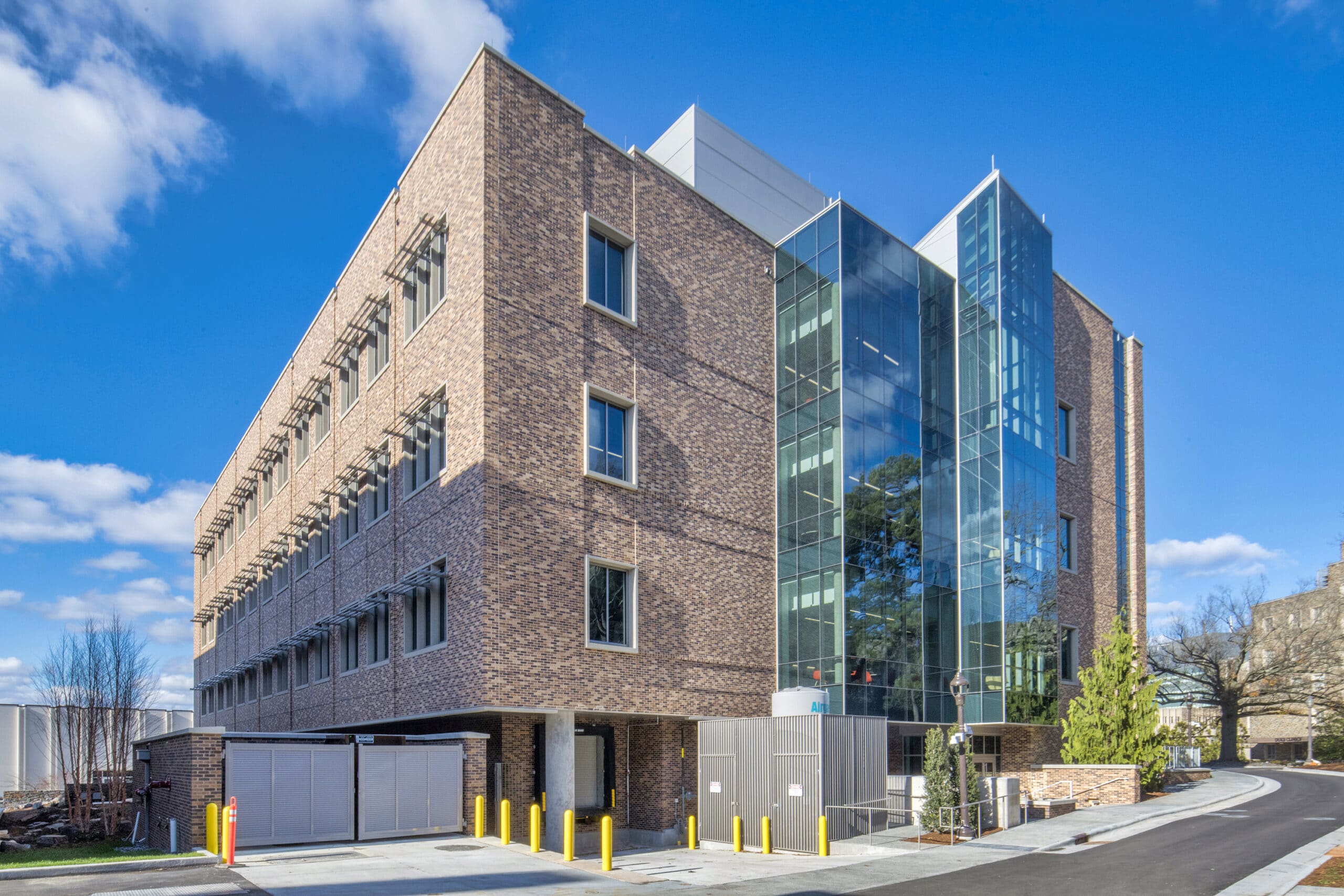
NASA’s U-2 Spy Plane Found Gamma Rays in 90% of Lightning Storms
Professor Steve Cummer says, "There is way more going on in thunderstorms than we ever imagined. As it turns out, essentially all big thunderstorms generate gamma rays all day long in many different forms.”


